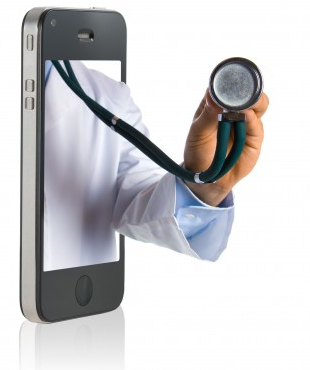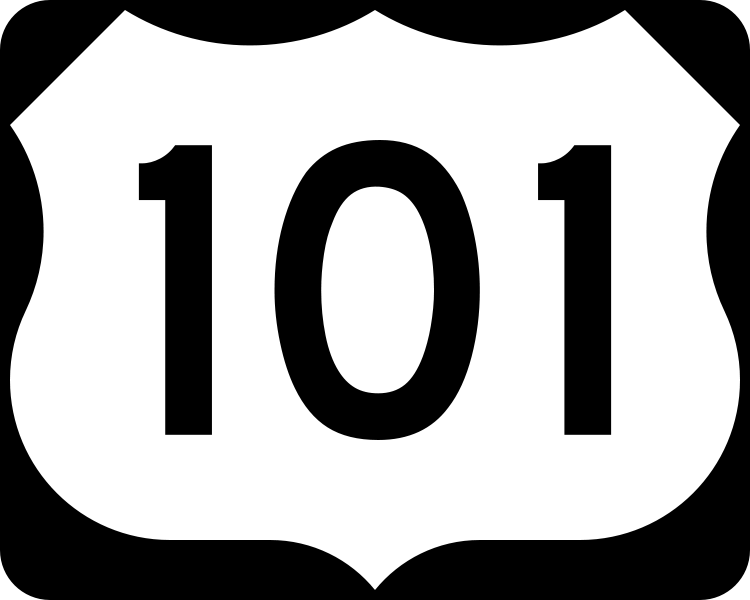 Josh Nesbit sees a bright future for the cellphones that most of us see as antiquated. The 24-year-old Nesbit is the CEO of nonprofit Medic Mobile, and this startup exec?s vision is to take those chunky Nokias and other phones of the recent past?the kind that most Americans threw out or relegated to the junk drawer long ago?and use them to radically change how health care is delivered in developing nations.
Josh Nesbit sees a bright future for the cellphones that most of us see as antiquated. The 24-year-old Nesbit is the CEO of nonprofit Medic Mobile, and this startup exec?s vision is to take those chunky Nokias and other phones of the recent past?the kind that most Americans threw out or relegated to the junk drawer long ago?and use them to radically change how health care is delivered in developing nations.
These old phones don?t have the touchscreens and slick software features of our shiny new smartphones. But they can text, and in Nesbit?s eyes, a simple technology like text messaging is a tool that can be used to track disease outbreaks, help first responders quickly locate victims after disasters, and more.
Nesbit and I first met on a drizzling Tuesday morning in New York, as he was getting ready to deliver a presentation to the United Nations Foundation?s mHealth Alliance about mobile health?more specifically, on what he calls the calls the marriage of ?techies and healthies.? He knows that SMS and SIM card applications are not sexy technologies. For him, though, it?s the numbers that are so attractive. There are more than 5 billion mobile phone subscribers across the globe, while 90 percent of the world?s population is covered by a cell signal. In sub-Saharan Africa, an area plagued by public health woes and a lack of infrastructure, 50 percent of people now have access to a cellphone. Within two years, if not sooner, that figure will jump to 100 percent. ?Ubiquity is the killer app,? Nesbit says.
The notion that SMS could revolutionize healthcare first entered Nesbit?s mind in 2007, when he was still a Stanford undergrad. He?d just met Dickson Mtanga, a community health worker in rural Malawi who was walking 35 miles to deliver handwritten patient charts to the nearest hospital. Nesbit biked out to Mtanga?s village one day, only to discover that his cellphone got a better signal there than it did on Stanford?s campus in Palo Alto, Calif. All those bars of service jumped from the phone?s screen and slapped him across the face: These far-reaching GSM networks, he realized, could connect doctors and patients like never before.
Armed with a $5000 grant, a backpack full of old phones, and a laptop running a GSM modem and the open-source group-texting software called FrontlineSMS, Nesbit started working with the hospital and community health workers to coordinate patient care. The system they put in place allowed Mtanga and others to text in the information on those medical charts rather than making the hours-long trek. Patients could text their symptoms to doctors, cutting down on unnecessary visits for minor ailments and freeing up space for those in need of serious care. Within six months of the system going live, the number of patients being treated for tuberculosis doubled, more than 1200 hours in travel time were eliminated, and emergency services became available in the area for the first time. The operating costs in those six months: $500, Nesbit says.
Malawi was the proof-of-concept he needed, but another challenge soon followed when a massive earthquake tore apart Port-au-Prince, Haiti, in 2010. Nesbit knew that group-texting could support the relief effort. Within a few hours, working with the U.S. State Department and with mobile operators in Haiti, he secured 4636 as a short code that any victim could text for free to request assistance.
The messages started coming in?but a tad too fast. ?If you tell people to text their name and location, you?re going to get free-form messages in mostly Haitian Creole with vague references to locations,? Nesbit says. In order to help decipher these urgent texts requesting search-and-rescue teams, more water, or any number of other needs, Nesbit and his team recruited an army of 2500 volunteers over the Internet who spoke Haitian Creole and knew the logistics of Port-au-Prince. ?They were essentially mapping, categorizing, and translating every single one of those texts, and we ended up processing 80,000 messages in the first three weeks after the earthquake.? When Nesbit?s team got actionable info, they forwarded it to the U.S. Army?s forces on the ground.
Volunteers came through to decipher messages in Haiti, but it?s unrealistic to rely on the good intentions of strangers as a filter for hundreds or thousands of texts. To improve how it processes texts, Medic Mobile recently handed a computational linguist at Stanford six months of free-form texts between community health workers and physicians in Malawi. The linguist developed an AI method that could differentiate the type of requests and then bump the most urgent messages, such as someone in need of emergency treatment, to the top of the queue for when the doctor checked the messages. It auto-categorized the messages with a 98 percent accuracy rate, even when words were misspelled, punctuation was erratic, and different dialects appeared.
Mobile Health
The explosion of cellphone use around the world has inspired a flood of new ideas about how to use that tech to improve healthcare. Besides Nesbit?s Medic Mobile, there are also ideas to turn camera phones into cheap diagnostic tools for vision problems or malaria, for example.
Patty Mechael, executive director of the U.N. Foundation?s mHealth Alliance, keeps tabs on these new techs. They all face major infrastructure hurdles, such as the lack of reliable energy sources to power phone chargers in some developing countries. But another, less tangible challenge is figuring out what mobile health programs are actually working and worth scaling up, and which ones aren?t. ?What we have in mHealth are millions of flowers blooming, in many ways. Lots of pilots are being done throughout the world, many of which are reaching populations of a few thousand each,? Mechael says. ?We?re at a tipping point where people are starting to say, ?Okay, we need to be a bit more strategic, collaborative, cohesive.??
Nesbit is among the voices calling for a more focused approach to mobile health. A wave of angst washes over his face when I ask if there?s too much hype surrounding mobile health, if it?s too saturated of a field. Hype is good, he says. What?s bad is hype that?s disconnected from implementation. All the media coverage and promises made about mobile health in recent years, he says, make it seem as if millions of health workers in developing nations have already integrated their phones into their daily practice. In reality, only about 20,000 have done so. Medic Mobile has SMS systems operating in 14 countries, and that number will jump to 20 in the next six months. Only a few thousand people are using Medic Mobile?s programs today, but the nonprofit just rolled out its first SIM card application, which can be used on virtually every mobile phone in existence. By 2015, Nesbit expects to have 500,000 community health workers using SMS applications to link patients with doctors.
If he hits those numbers, ubiquity really will be the killer app.



.jpeg&w=60&q=100&h=60)









Good post! Text messages are emerging as potential game-changers. Modern software trends are transforming patient care, appointment reminders, and health monitoring through text-based solutions. This advancement not only enhances communication between healthcare providers and patients but also contributes to streamlined healthcare delivery. If you have innovative ideas for healthcare products, considering specialists from Binary Studio for custom healthcare software development services is a wise choice. Their expertise aligns with the healthcare industry’s growing demand for efficient and secure software solutions, promising a positive shift in global healthcare.